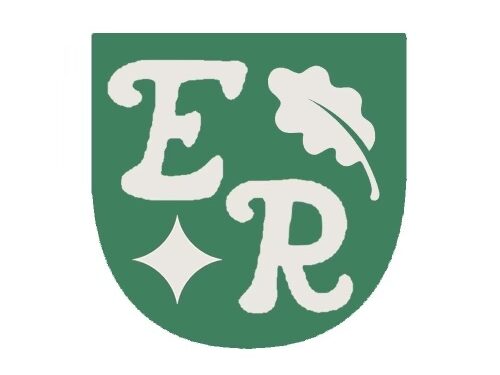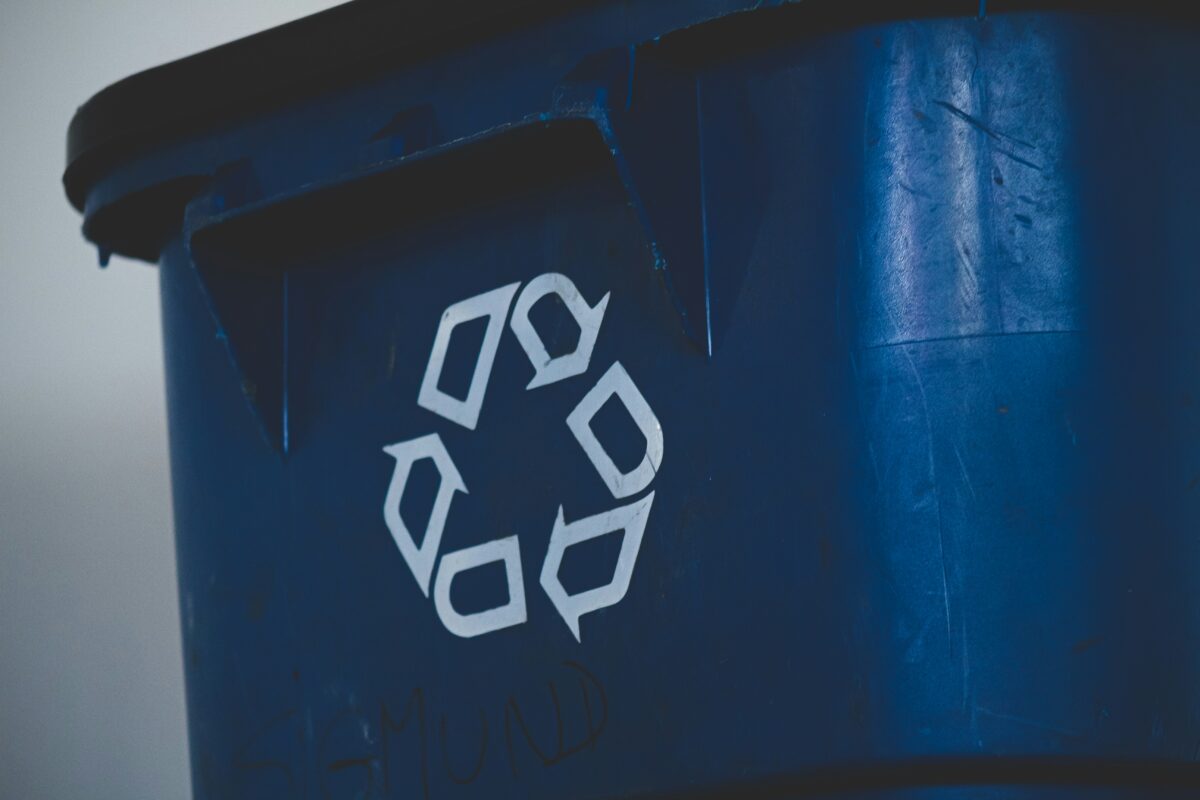Recycling has been gaining popularity in the United States during the past few decades, and with it, a conception that it is an easy and elegant solution to the problem of waste generation. However, that is not always the case. Until 2018, China would buy back American recyclables to convert to new materials, but because they were poorly cleaned and unsorted, China suspended their purchases. Now, recycling companies are forced to sell their recyclables to a smaller market, which increases costs. Many cities—even large ones like Philadelphia—have resorted to burning recyclables rather than going through recycling companies.
The biggest problem for city recycling projects is the immense cost associated with repurposing these materials. Recycling companies are charging municipalities higher rates to cover the increased costs of processing the waste to sell in North America. Large cities have had to get creative with how they recycle their waste. Boston, Massachusetts is one of many American cities that have lofty goals to protect the environment. Part of its Carbon Free Boston project includes a zero-waste initiative to reduce the city’s waste output. Around 240,000 tons of waste are thrown away by residents each year, and the city is hoping to reduce this amount in addition to the 916,000 tons of material each year discarded by businesses. In the past few years, Boston has emerged as a leader in effective waste management.
Like many large cities, Boston encourages its citizens to recycle their plastic, paper, metal, and glass waste. However, recycling is not encouraged as the first step for waste management. The most effective way to reduce waste is by not generating it in the first place, or by reusing or repurposing items before disposing of them. That being said, this is not always practical; waste production is a part of everyday life for almost every Bostonian. Therefore, the city of Boston has tried to make the process of recycling as easy as possible for its residents.
Boston’s recycling system is “single stream:” paper, plastic, and metals can all be mixed into one recycling bin and put on the curb for pickup. Single stream recycling does not mean that every type of material can be recycled, there are many caveats that citizens should be aware of. Most kinds of plastic are accepted in curbside recycling, but not all plastics are the same. Higher quality plastics, like soda bottles, are accepted, while lower quality plastics, like grocery bags and film wrap, are not. These items need to be recycled separately because they can get caught in or even damage the teeth of the machinery at recycling facilities.
Many grocery stores in the Boston area have drop-off boxes for this type of plastic, called Low-Density Polyethylene, which is marked with a “4” symbol. Paper is also recyclable, but residents need to be careful of what paper they dispose of in their recycling bins. Any paper soiled with food waste, like takeout containers and pizza boxes, cannot be recycled. The food waste is considered a contaminant and, while plastic can be washed out, paper cannot, so these pieces need to be discarded with the other trash. Fortunately, Boston provides transparency and details on how to recycle waste. Their website features a search function with which anyone can look up an item and learn how to properly dispose of it. They have also developed a “Trash Day” app for people to set reminders about trash and recycling days. Providing information about proper recycling techniques for households can help make subsequent recycling steps more efficient.
While putting recyclables on the curb is usually the last step in the recycling process for consumers, this is not the last stop for the materials. Recyclables in Massachusetts go to one of nine different Materials Recovery Facilities. Bostonian waste goes to Casella Recycling in Auburn, which is about 48 miles outside of the city. They call themselves a “Zero-Sort” facility, because they make it easier for their customers by sorting materials at their facility. Materials are categorized by paper, plastic, and glass. From there, the materials are sold to buyers who use them to create new products. Plastics are the most challenging material to recycle, and they are sold by Casella to companies that use them to make fleece, rugs, clothing insulation, or new containers. Paper is sold as “mixed grade” because there are too many different types of paper to sort out, and it is then made into boxes and paper towels. Metal and glass are almost always recyclable, and they are typically sent to be made into new cans or bottles. Glass presents an issue as it is relatively heavy, which makes it challenging to transport to facilities far from the Casella plant. Casella sells its glass recyclables to construction companies to be used as a replacement for sand in projects. Since China stopped buying raw, recyclable materials, Casella sells primarily to North American companies.
There are also non-recyclable wastes to be dealt with. One of the largest sources of waste in Boston is food scraps, which made up around a quarter of total trash in 2016. While food waste cannot yet be picked up curbside, Boston has been implementing a pilot program called Project Oscar as a solution for some food waste. This project has installed five composting bins around the city, and while they only accept things like vegetables, fruits, and coffee grounds, if this project is successful, the city may expand its composting efforts in the future.
Boston is also not the first city to consider adding a food recycling system. Washington, D.C. has implemented a program similar to Boston’s Project Oscar since 2017. In all eight of D.C.’s wards, there are farmer’s markets every weekend, and all of them feature food waste drop off sites. At these sites, there are workers who help people drop off food waste into large bins. From there, the city works with a company, Compost Cab, to convert the waste into compost. When the waste is fully composted, it is distributed to local gardens to be utilized by the community. Even this program is not the most advanced in the country, though. Some cities on the west coast, like San Francisco, have curbside composting programs that are mandatory for citizens. These programs can accept eggshells, bones, and even hair from humans and fur from pets.
To control waste, reducing consumption and repurposing things before they are disposed of is the best option. However, since waste is so prevalent in our current economy, simple recycling programs with guidance about how to recycle can help cities collect the right materials, sort them efficiently, and properly dispose of them so they can be used in new ways.
Sources:
Casella Waste Systems. (2020, February). The Story of Today’s Recyclables. Retrieved from Casella: https://www.boston.gov/environment-and-energy/project-oscar
Casella Waste Systems. (2020). Zero Sort Recycling. Retrieved from https://www.casella.com/services/recycling/zero-sort-recycling
Cook, C., Osgood, C., & et.alt. (2019, June). Zero Waste Boston: Recommendations of Boston’s Zero Waste Advisory Committee. Retrieved from City of Boston: https://www.boston.gov/sites/default/files/embed/file/2019-06/zero_waste_bos_recs_final.pdf
Corkery, M. (2019, March 16). As Costs Skyrocket, More US Cities Stop Recycling. Retrieved from The New York Times: https://www.nytimes.com/2019/03/16/business/local-recycling-costs.html
Greenovate City of Boston. (2020, May 28). Project Oscar. Retrieved from City of Boston: https://www.boston.gov/environment-and-energy/project-oscar
Peats, B. (2020). Food Waste Reduction. Retrieved from Massachusetts Food System Collaborative : https://mafoodsystem.org/projects/food-waste#:~:text=and%20case%20studies.-,Food%20Waste%20in%20Massachusetts,the%20waste%20stream%20(MassDEP).
Sandon, R. (2017, April 26). D.C. Now Has A Free Composting Program. Retrieved from DCist: https://dcist.com/story/17/04/26/dc-launches-free-composting-program/
SF Environment. (2020). SF Recycles. Retrieved from San Francisco Department of the Environment: https://sfrecycles.org/

